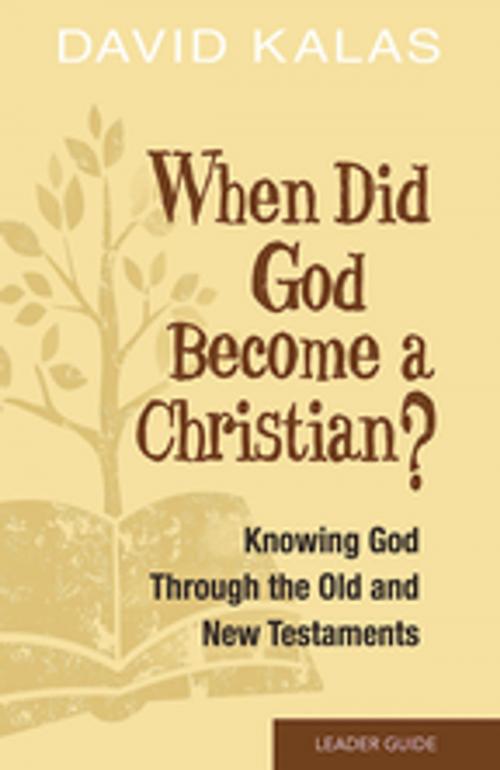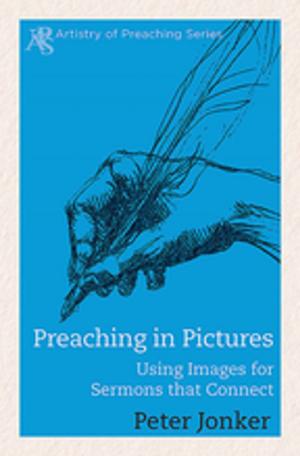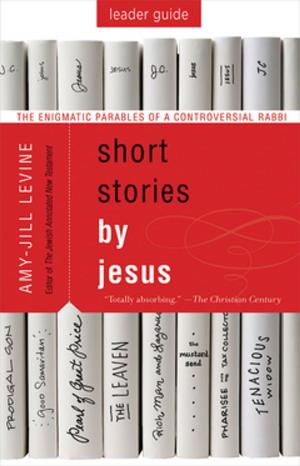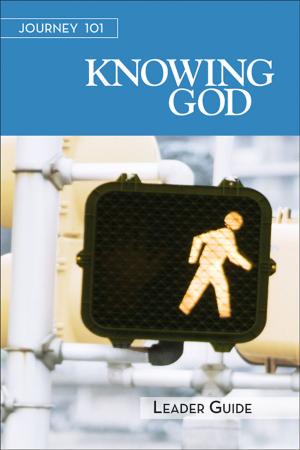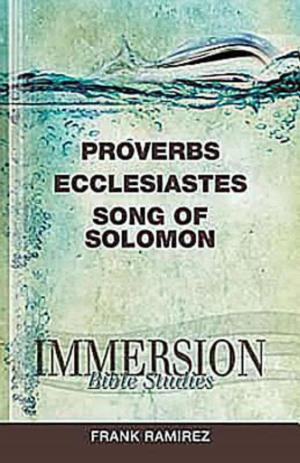When Did God Become a Christian? Leader Guide
Knowing the God of the Old and New Testaments
Nonfiction, Religion & Spirituality, Christianity, Christian Life| Author: | David Kalas | ISBN: | 9781501830990 |
| Publisher: | Abingdon Press | Publication: | March 7, 2017 |
| Imprint: | Abingdon Press | Language: | English |
| Author: | David Kalas |
| ISBN: | 9781501830990 |
| Publisher: | Abingdon Press |
| Publication: | March 7, 2017 |
| Imprint: | Abingdon Press |
| Language: | English |
Why does the God of the Old Testament seem so different from the God of the New Testament? Throughout history, seasoned church goers and newcomers to the Christian faith have all struggled with this question.
In When Did God Become a Christian?, David Kalas identifies some common experiences, troublesome passages, and natural reactions that we all encounter while reconciling the God of both the Old and New Testaments. In twelve chapters, Kalas explores the unity of Scripture, biblical history, and the two primary attributes of God, love and holiness, to help readers clarify the integrity of the nature of God. With a better understanding of the Bible's unity and of God's integrity, they will come to love, worship, and trust God more.
The Leader Guide contains everything needed to guide a group through the six-week study including session plans and discussion questions, as well as multiple format options.
Why does the God of the Old Testament seem so different from the God of the New Testament? Throughout history, seasoned church goers and newcomers to the Christian faith have all struggled with this question.
In When Did God Become a Christian?, David Kalas identifies some common experiences, troublesome passages, and natural reactions that we all encounter while reconciling the God of both the Old and New Testaments. In twelve chapters, Kalas explores the unity of Scripture, biblical history, and the two primary attributes of God, love and holiness, to help readers clarify the integrity of the nature of God. With a better understanding of the Bible's unity and of God's integrity, they will come to love, worship, and trust God more.
The Leader Guide contains everything needed to guide a group through the six-week study including session plans and discussion questions, as well as multiple format options.
